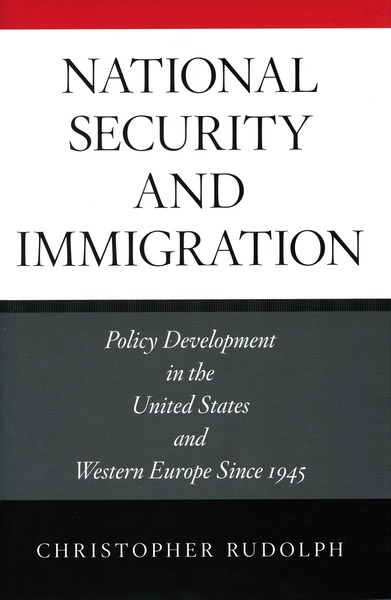
Global terrorism has emerged as a central security issue throughout the world, and effective immigration and border control is now a necessary condition to maintain national security. National Security and Immigration identifies the security-related implications and determinants of immigration and border policies in the United States and Western Europe since 1945. The author shows how international migration presents the state with important choices that impact economic production and the accumulation of wealth, manpower resources, internal security, relations with other states, and national identity—the very fabric of our sense of social belonging. In contrast to the argument that policy is largely the product of domestic interest groups, this book reveals how immigration and border policies are shaped by the state's desire to maximize national security interests along three primary dimensions—defense, wealth, and stability.
About the author
Christopher Rudolph is Assistant Professor of International Politics at American University in Washington, D.C.
"This book makes a major contribution to the study of migration, international relations, and national security. The author presents a compelling case for incorporating issues of cultural and national identity into the more standard analyses of national security."
—James Hollifield, Southern Methodist University
"This is a serious, learned, and well-written treatment of a crucial subject. It is timely, as well as up-to-date, and commands careful consideration."
—Martin Heisler, University of Maryland